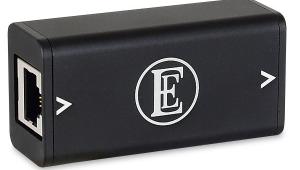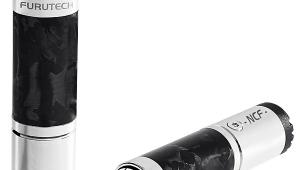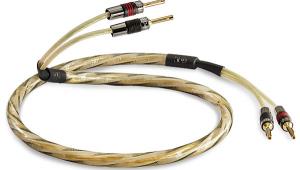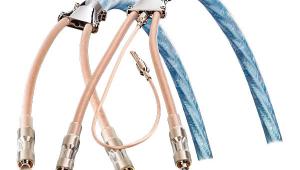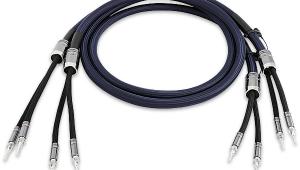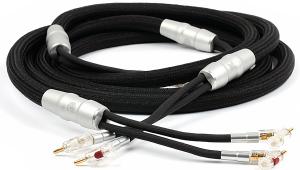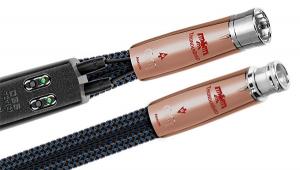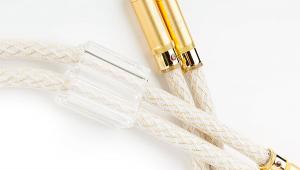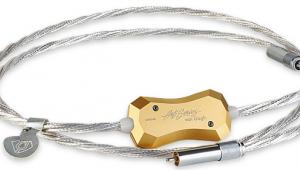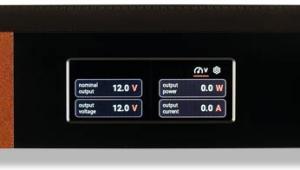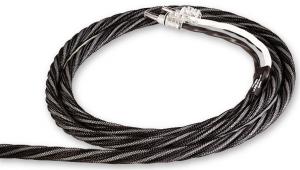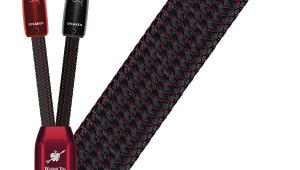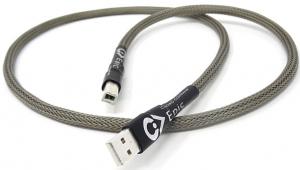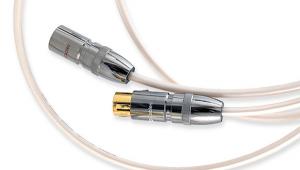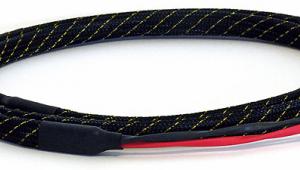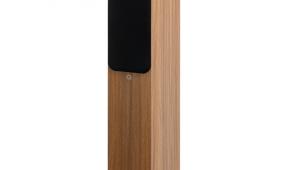PS Audio DirectStream Power Plant P20 Mains Generator Lab Report
Testing mains regenerators falls outside the normal run of HFN lab reports so I've built some special equipment to do so. The first uses an inline Hall-effect current transducer from LEM Components that can record currents of up to 80A at slew rates of greater than 60A/μs over a bandwidth exceeding 100kHz, while adding a series resistance of only 0.18mohm. Built into a box with flying leads terminated in a mains plug at one side and a mains socket at the other, it can be inserted in the mains feed to any component to measure mains charging current.
Tested by powering-up a Naim Audio NAP 300 amplifier, itself outputting 85W continuous on each channel into a 4ohm load, the charging current waveform from the wall socket [red trace, Graph 1 below] is significantly improved by the P20 [black trace]. The P20's current pulses are almost textbook whereas those from the wall socket have a lower peak value and longer duration as a consequence of the mains waveform being flat-topped and the source resistance being higher.
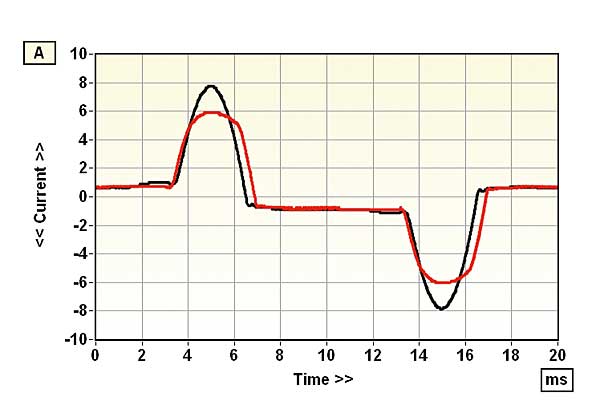
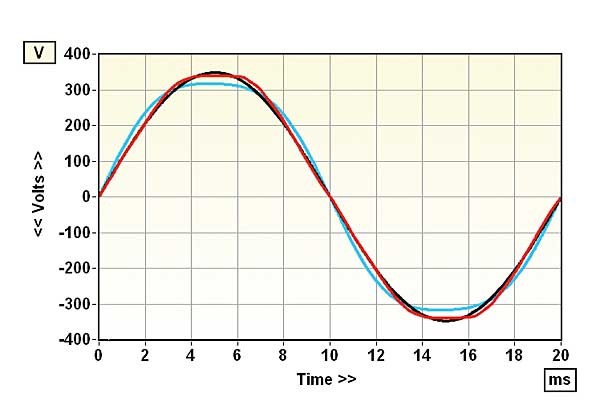
Distortion measurements must accommodate mains regenerators that have unbalanced, balanced or floating outputs, for which I've built a balanced resistive attenuator that feeds an INA217 low-noise, low-distortion instrumentation amplifier. Together these give a voltage output one-hundredth that of the difference between the live and neutral lines, with much lower inherent distortion than a transformer-based solution. Once again, obvious differences are seen between the voltage waveforms from the wall socket [red trace, Graph 2], the P20 on its low distortion sine wave output [black trace, Graph 2] and on the highest MultiWave setting [green trace, Graph 2]. The test table lists individual amplitudes of the first four odd harmonics (each referenced to the 50Hz fundamental) plus a THD figure calculated from the first 14 harmonics. While the P20 correctly reported output distortion as 0.1% on sine wave, it still said 0.1% with MultiWave output selected. KH
| Harmonic | Mains | P20 (Sine) | P20 (MW6) |
| 3rd | -41.1dB | -61.4dB | -21.5dB |
| 5th | -31.4dB | -61.1dB | -62.4dB |
| 7th | -45.7dB | -68.7dB | -71.0dB |
| 9th | -50.8dB | -74.4dB | -73.0dB |
| THD (2nd-14th) | 2.92% | 0.14% | 8.41% |
| Price: | £10,000 |
